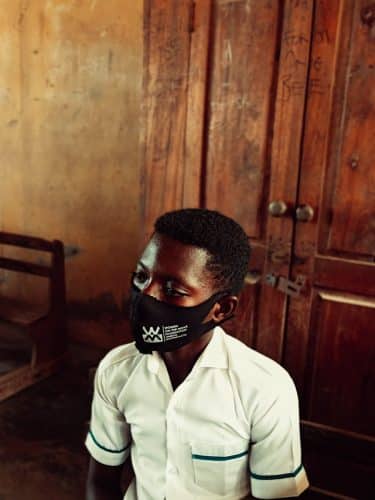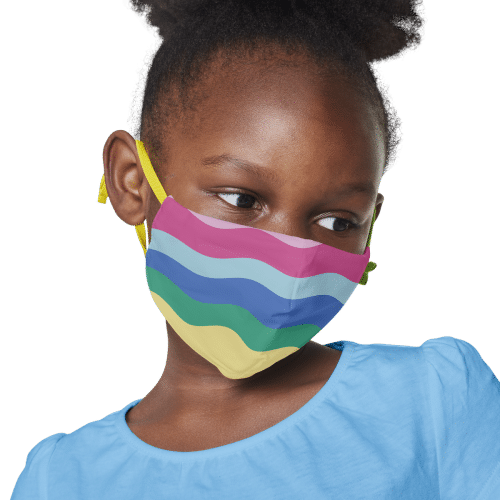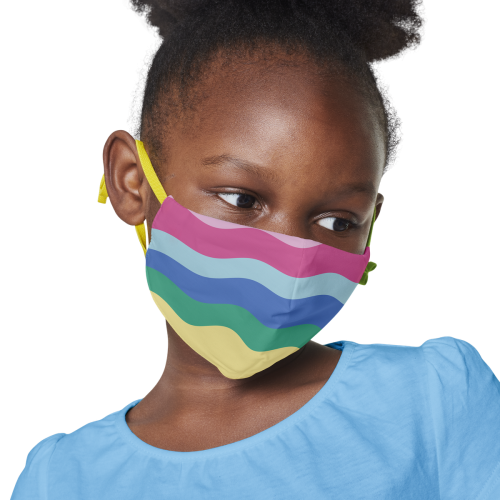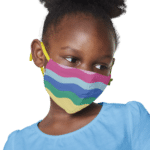It is important to be aware of Covid Stress syndrome, as several findings suggest that the psychological footprint of COVID‐19 and the pandemic is likely to be more substantial than the medical footprint.
In addition to its impact on physical well-being, COVID-19 is also taking an unprecedented toll on our mental health
Gordon J. G. Asmundson is the Editor-in-Chief of the Journal of Anxiety Disorders and Development Editor of Clinical Psychology Review. The research is supported by funding from the Canadian Institutes of Health Research and the University of Regina.
The results of the data showed that the mental health impact of COVID-19 is best understood as a multi-faceted syndrome comprising a network of interconnected symptoms. The survey was administered in late March, mid-May and early July of 2020.
Covid Stress Scales
The COVID Stress Scales is the five core features of COVID-19-related stress and covid stress syndrome. These are fear of danger and contamination, fear of adverse socio-economic consequences, checking and reassurance seeking, xenophobia (discrimination against foreigners) and traumatic stress symptoms (for example, pandemic-related nightmares).
Since the five scales were intercorrelated, they can also be added together to provide an overall indication of pandemic-related stress levels.
Covid stress syndrome
The five COVID Stress Scales are intercorrelated; that is, the symptoms measured by each of the five scales tend to occur together. This observation provided initial evidence that the various symptoms of COVID-19-related distress may be facets of a syndrome.
Covid stress syndrome is anchored by COVID-19-related danger and contamination fears. The central feature is of adverse socio-economic consequences and disease-related xenophobia (fear of foreigners who might be carrying infection).
Fear of adverse socio-economic consequences was the second-most central feature. This highlights the importance of impacts of the pandemic on social and financial security.
Traumatic stress symptoms were the third-most central feature and most strongly associated with danger and contamination fears. Checking and reassurance seeking, suggests a vicious cycle wherein these facets of the syndrome fuel each other. For example, more exposure to COVID-19 news or social media may lead to a greater frequency of nightmares about COVID-19.
This, in turn, increases fear of contamination and further fuels checking the news and social media for up-to-date information.

Warning Signs of Mental Health Challenges
As the COVID-19 pandemic evolves, so too will the mental health challenges and the understanding of the full effects of COVID-related stress.
[Tweet “There are certain warning signs that you may have a mental health challenge.”]According to MedlinePlus
Having unexplained aches and pains, feeling helpless or hopeless, increased Smoking, drinking, or using drugs. Also note if you are feeling unusually confused, forgetful, angry, upset, worried, or scared. Additionally, severe mood swings that cause problems in your relationships could be a sign to pay attention to.
Lastly, having thoughts and memories that you can’t get out of your head; hearing voices or believing things that are not true to thinking of harming yourself or others. If you are not being able to perform daily tasks like taking care of your children or getting to work or school you should also get some support.
If you think that you may have a mental health problem, get help. Talk therapy and/or medicines can treat mental disorders. Read here for more on how to treat depression
You can contact ADI Counselling on +234 905 926 8663 and email them at counselling@adi.com.ng. or visit their website at www.aditherapyhub.com


